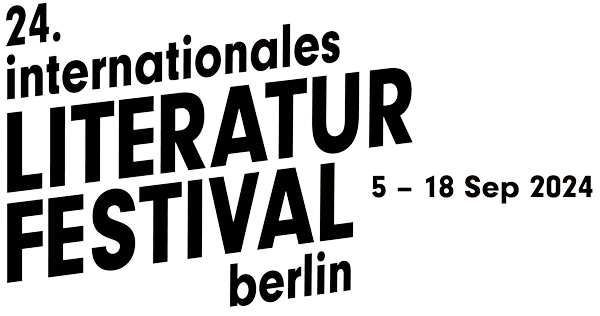Nayantara Sahgal
- India
- Zu Gast beim ilb: 2007
Nayantara Sahgal was born in 1927 in Allahabad in northeast India. As the niece of Nehru, the first Prime Minister of independent India, she grew up in the very centre of the struggle for independence. In 1944 her father, Ranjit Sitaram Pandit, died of his last imprisonment under British rule. Following her school education she studied at Wellesley College in the USA, returning home after the partition of India in 1947. Politics and a sense of history form the background of Sahgal’s writing. Her autobiography »Prison & Chocolate Cake« (1954) made her one of the first Indian women writers working in English to become known abroad. The first of her nine novels, »A Time to be Happy« (1958), is written from the perspective of a young man reflecting on the political upheavals of the time and the displacement of the educated bourgeoisie by a rising nouveau riche class. One of her themes in the following novels is the widening divide between social realities and the lofty idealism of the liberation movement.
As a spokeswoman for Nehru’s secular ideals for India, Sahgal stands for such values as cultural pluralism, religious tolerance and non-violence, and argues that these are integral characteristics of Indian culture. This standpoint has led her to openly criticize important cultural and political events and players, such as financial oligarchs in the fifties, the state of emergency decreed by Indira Gandhi in the seventies, the rise of fundamentalist Hinduism in the eighties, and the Iraq war. Her commitment to liberal civil society in India accounts for numerous journalistic contributions to important international newspapers, as well as collections of essays and a biography of her cousin Indira Gandhi. Sahgal was the vice-president of the People’s Union for Civil Liberties and a delegate at the UN General Assembly.
Additionally, Sahgal has championed the social status of women, which she believes to be under threat from religious radicalism. In an episode in her novel »Rich Like Us« (1985), the only one to be published in German, she uses the Sati ritual, which once prescribed the burning of the wife on her husband’s funeral pyre, to highlight the terror under dictatorship portrayed in the novel. The book won the Sinclair Prize for Fiction and the Sahitya Akademi Award. Further honours include the Commonwealth Writers’ Prize. Sahgal was a Fellow of the Radcliffe Institute in Cambridge, Mass., of the Woodrow Wilson International Center for Scholars in Washington, DC, and at the National Humanities Center in North Carolina. She is an honorary member of the American Academy of Arts and Sciences and has an honorary doctorate from the University of Leeds. She lives in Dehra Dun.
© international literature festival berlin
Prison & Chocolate Cake
Knopf
New York, 1954
A Time to Be Happy
Knopf
New York, 1958
From fear set free
V. Gollancz
London, 1962
Storm in Chandigarh
W.W. Norton
New York, 1969
The day in shadow
Vikas
New Delhi, 1976
A situation in New Delhi
London Magazine
London, 1977
Indira Gandhi’s emergence and style
Carolina Academic Press
Durham, 1978
Indira Gandhi: Her Road to Power
F. Ungar
New York, 1982
Plans for Departure
Norton
New York, 1985
Rich like us
Norton
New York, 1985
Mistaken identity
New Directions
New York, 1988
Die Memsahib
Diana-Verlag
Zürich, 1989
[Ü: Werner Peterich]
Point of view
Prestige
New Dehli, 1997
This time of morning
Kali for Women
New Delhi, 2000
Lesser Breeds
HarperCollins
Neu Delhi, 2003
Übersetzer: Werner Peterich
